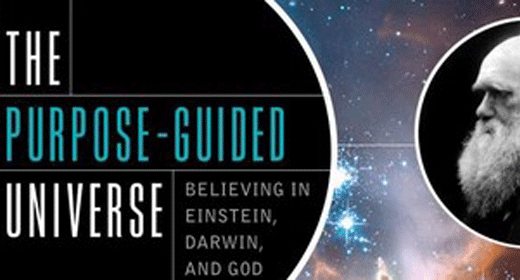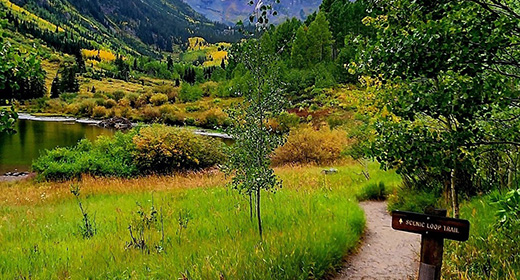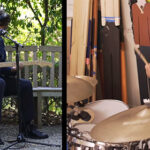by Donna Quesada: Japanese Death Haiku #1
the wanderer’s sack is
bottomless.
~Kyoshu (18th century)
My comment: The image of the bottomless sack reflects the Zen teaching of emptiness, and a mind that is freed from dualistic distinctions, even that of life and death… How can there be life and death in the traditional sense, when everything is in constant motion and comes into being as a result of infinite causes…
2— Moon in a barrel:
you never know just when
the bottom will fall out.
~Mabutsu (19th century)
My comment: The moon is a symbol of enlightenment. But so is the idea of the bottom falling away from the barrel. My Zen master spoke of a similar metaphor a couple of times, when he referenced the bottom of a rusty can busting free. When we finally surrender and lay to rest our ruminating mind, Pop! The can opens up.
3— Frost on a summer day:
all I leave behind is water
that has washed my brush.
~Shutei (19th century)
My comment: Frost symbolizes the fleeting, transitory nature of life. It will soon melt, like all of us, only to be returned to its origins and dispersed into all that is. There is no enduring, separate self. All is One.
4—
I go back
to the void where frost and snow
won’t bother me.
~Tojaku (18th century)
My comment: Frost appears again as a reminder of life’s impermanence. Of our impermanence, which is not presented here with remorse, but rather with acceptance.
5— Encased by winter:
before long I’ll
become dried salmon.
~Hou (19th century)
My comment: I have always loved this one because of the humor shown in the face of death. These monks knew it was time. Again, alluding to Buddha’s teaching of impermanence, the idea of dropping the physical body to merge with nature is not only accepted without despair, but with levity.
*These Haiku were first published in Japanese Death Poems, compiled by Yoel Hoffman.










































